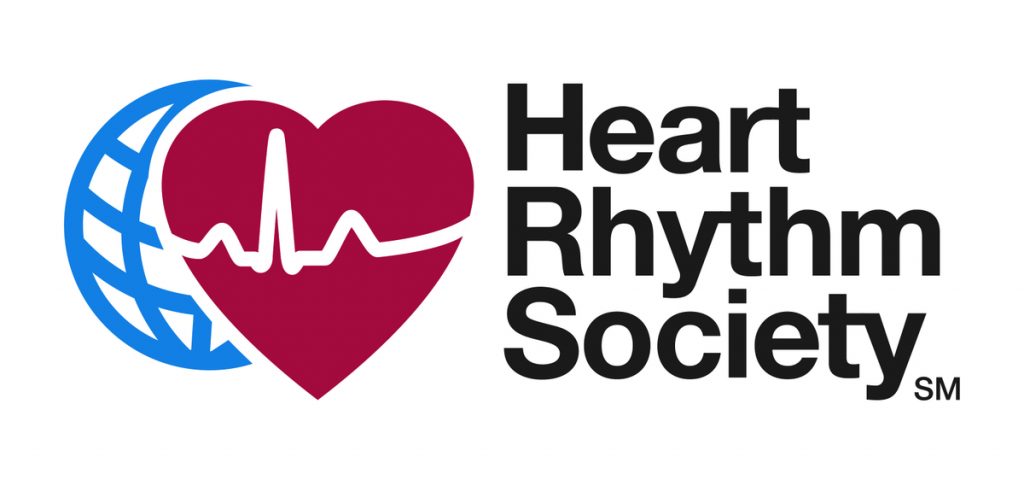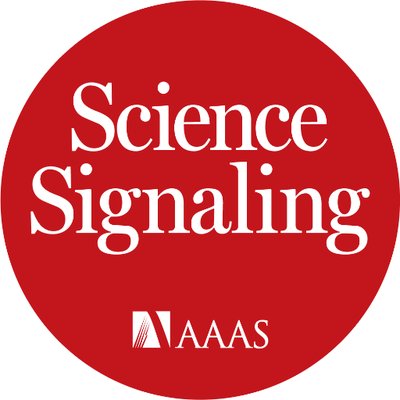
In September 2018, I wrote to the managing editor of FEBS Letters with my concerns about the extensive textual overlap between a 2011 article by Sonia A. Melo and Manel Esteller and other articles, including some that were not cited, such as a 2009 article in the Annual Review of Pathology by Yong Sun Lee and Anindya Dutta.
The Melo and Esteller article has received considerable attention, and has been cited more than 375 times.
My initial efforts were met with a response that the iThenticate software they used only identified overlap with the published Melo and Esteller article. I then had to guide the editor in the proper use of the program – including searching for partial overlap – that would lead to the finding of a 29% overlap with Lee and Dutta.
On October 4, 2018, after seeing the results, the journal said they would look into the matter.
In April 2019 I asked for an update. There was no answer.
Continue reading ‘[T]he authors plagiarised a large amount of text, but…retractions should not be used as a tool to punish authors’







